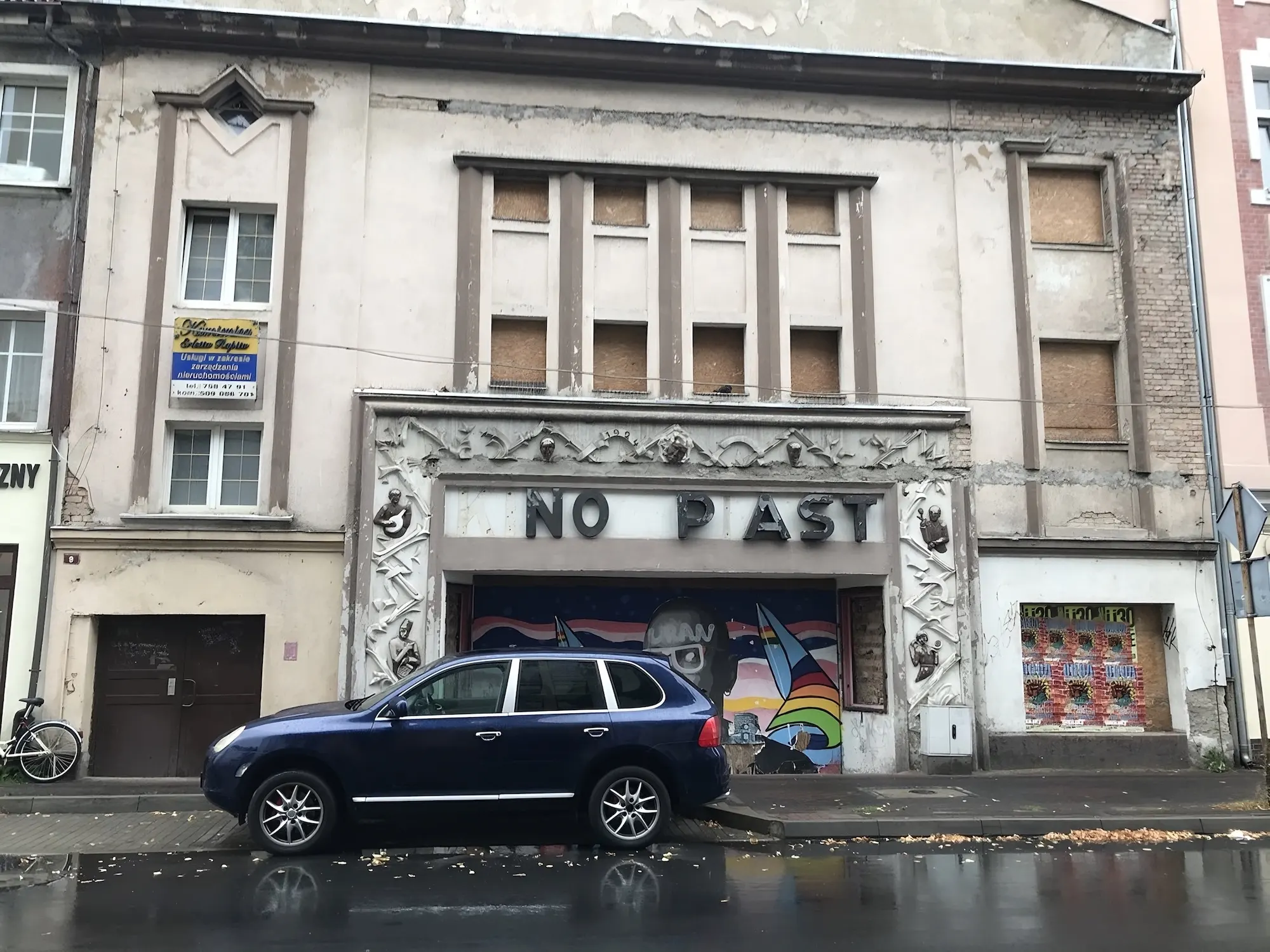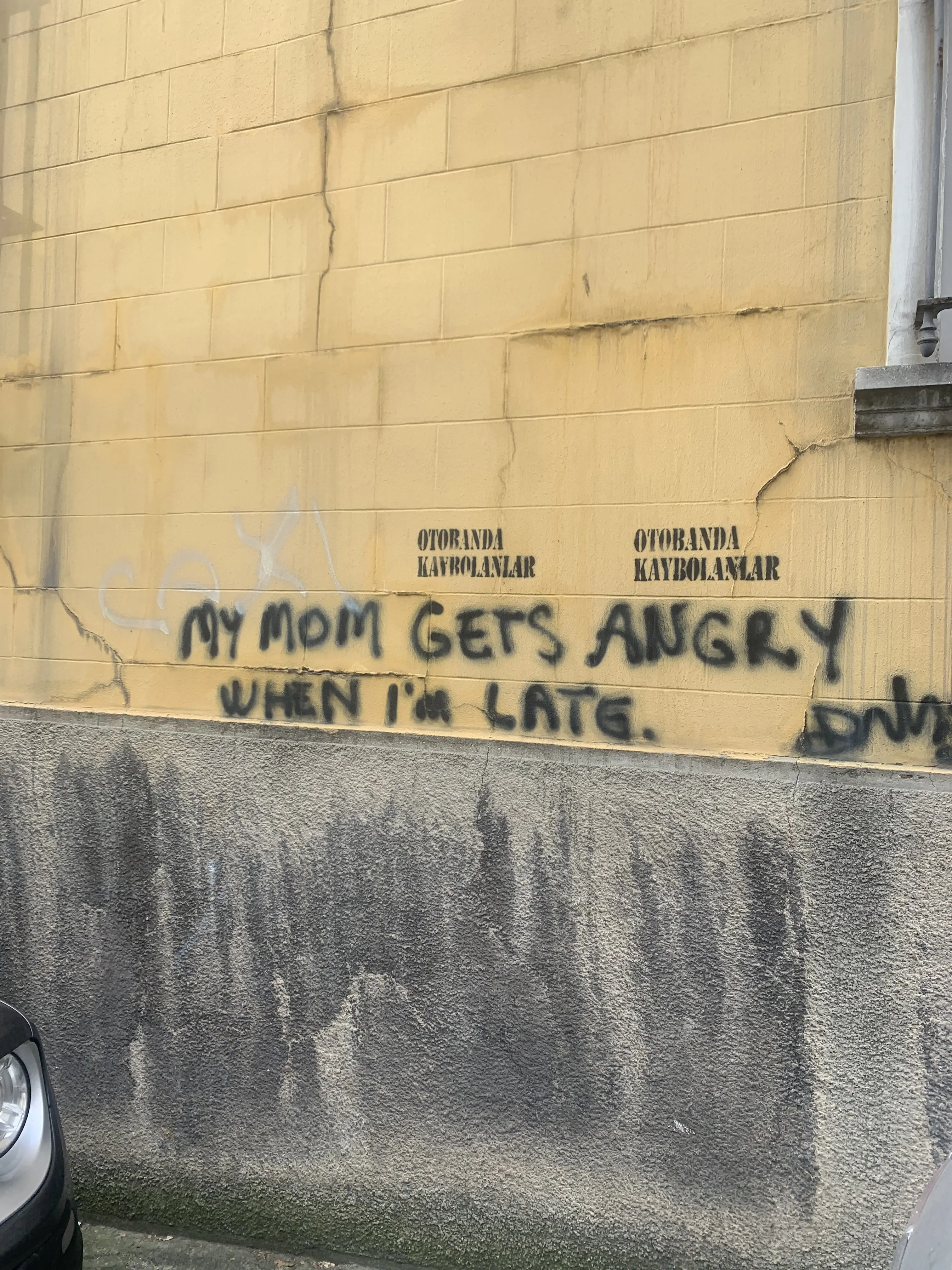We want to expand the style and affect of “institutional critique.” Insofar as the genocidal violence of Zionism and Western imperialism illustrates so glaringly the failure of institutions that persist on the terms of silence and neutrality, is the repair of such institutions a sober horizon, or a morally adequate response? There is no neutral ground; mutatis mutandi.
We ask, then, what are the forms that can reckon with the rift exposed on the cultural front—against the passivity and philistinism of the spectator and toward a feedback between form and content? Walter Benjamin’s opening fragment in One Way Street (1928) articulates these stakes, describing the relationship between action and writing.
This Open Call draws on the historical role of artists and writers at this juncture. We are particularly interested in annotations, communiqués, reports, plays, poetry. Above all, we are interested in writing that thinks within its time—haunted by the limits and struggles of the real, and seeking new forms to accommodate it.
Bertolt Brecht lived in Los Angeles, in exile, from 1941 until 1947; in 1945, he began adapting The Communist Manifesto (1848) into hexameter verse, based on Lucretius’ De rerum natura (1473 c.). To make sense of the absence of leftist rebellion as Hitler fell, Brecht concluded that the German working class had forgotten Marxism. Brecht’s manifesto was an intervention—how could memory be re-activated; a relation de-automated? With Brecht’s unrealized project in mind, we propose that the manifesto is a poem, Palestinian resistance is a poem, the student uprising a poem. With what lexicon can we describe, echo, and grasp it?
We are inviting pitches that respond to this Open Call. Four writers will be commissioned to work with Guest Editor, Sanja Grozdanić, to produce one 1000 word text each, for $500 AUD.
The successful candidates will be selected by Sanja Grozdanić with Eugene Yiu Nam Cheung. Please ensure that you familiarize yourself with the work on Decolonial Hacker, as well as the “hacking” dimension of the project through downloading the extension for Google Chrome / Firefox before submitting your application.
Please email applications as a single PDF, including a pitch of no more than 350 words, CV of no more than two pages, and two writing samples up to 1200 words each, to eugene@decolonialhacker.org.
Please format the name of your PDF as ‘LastName_FirstName_OpenCall2024’.


